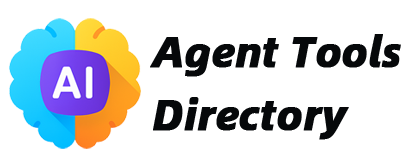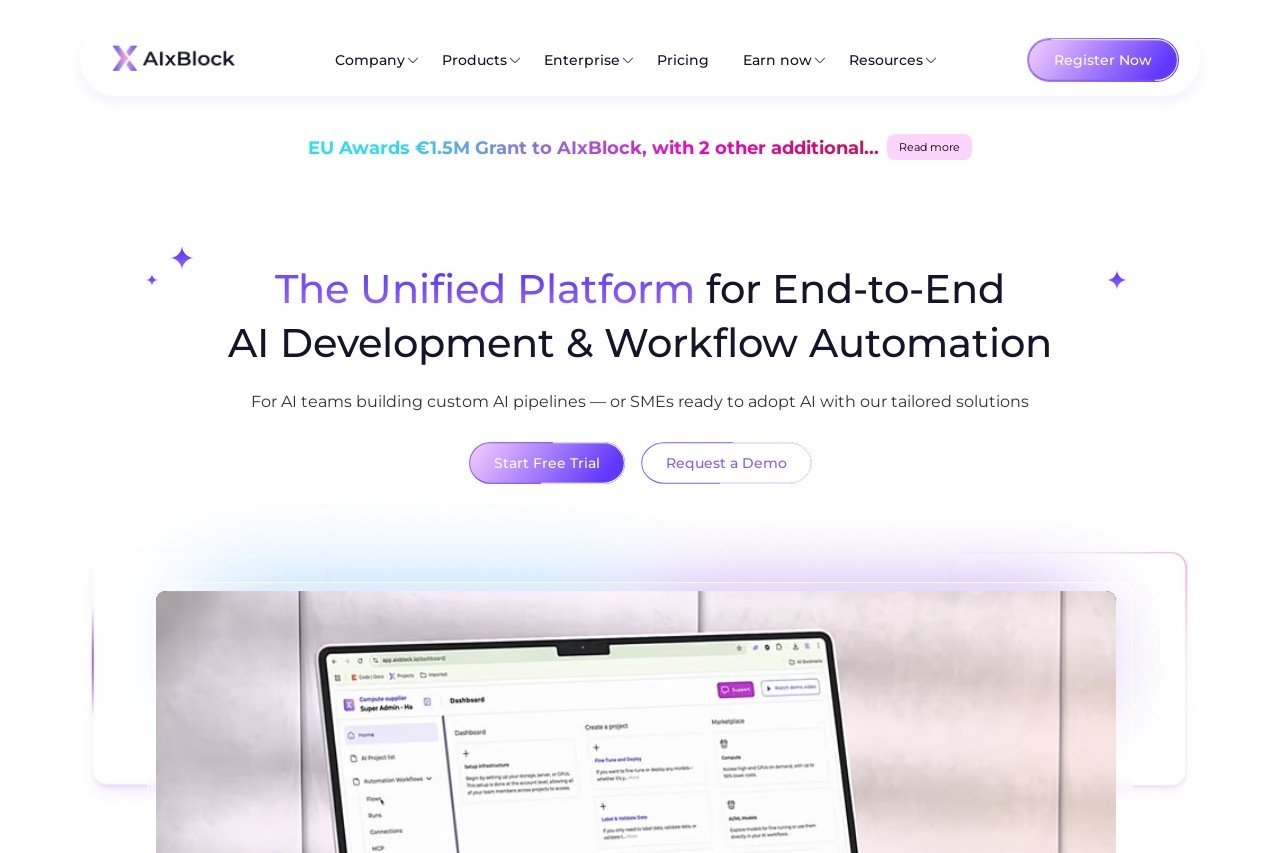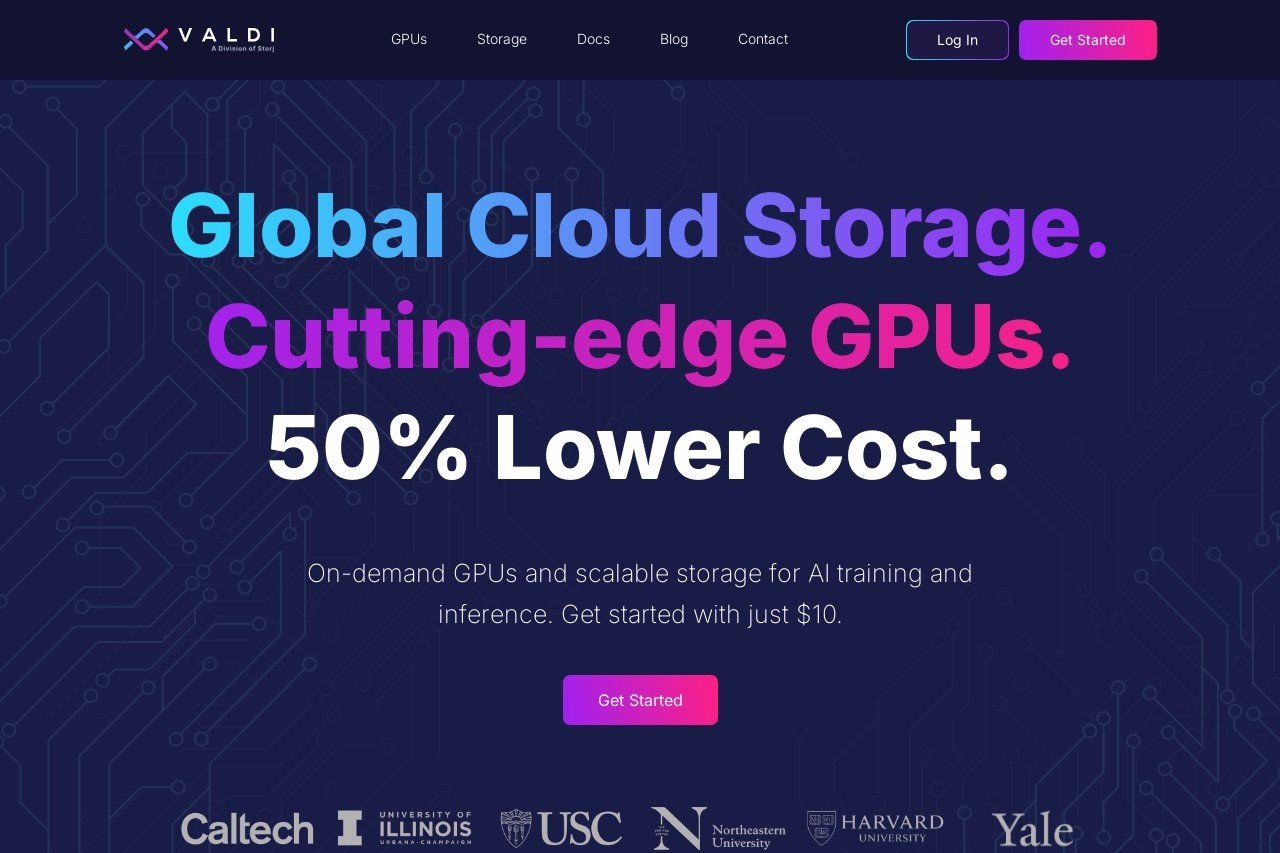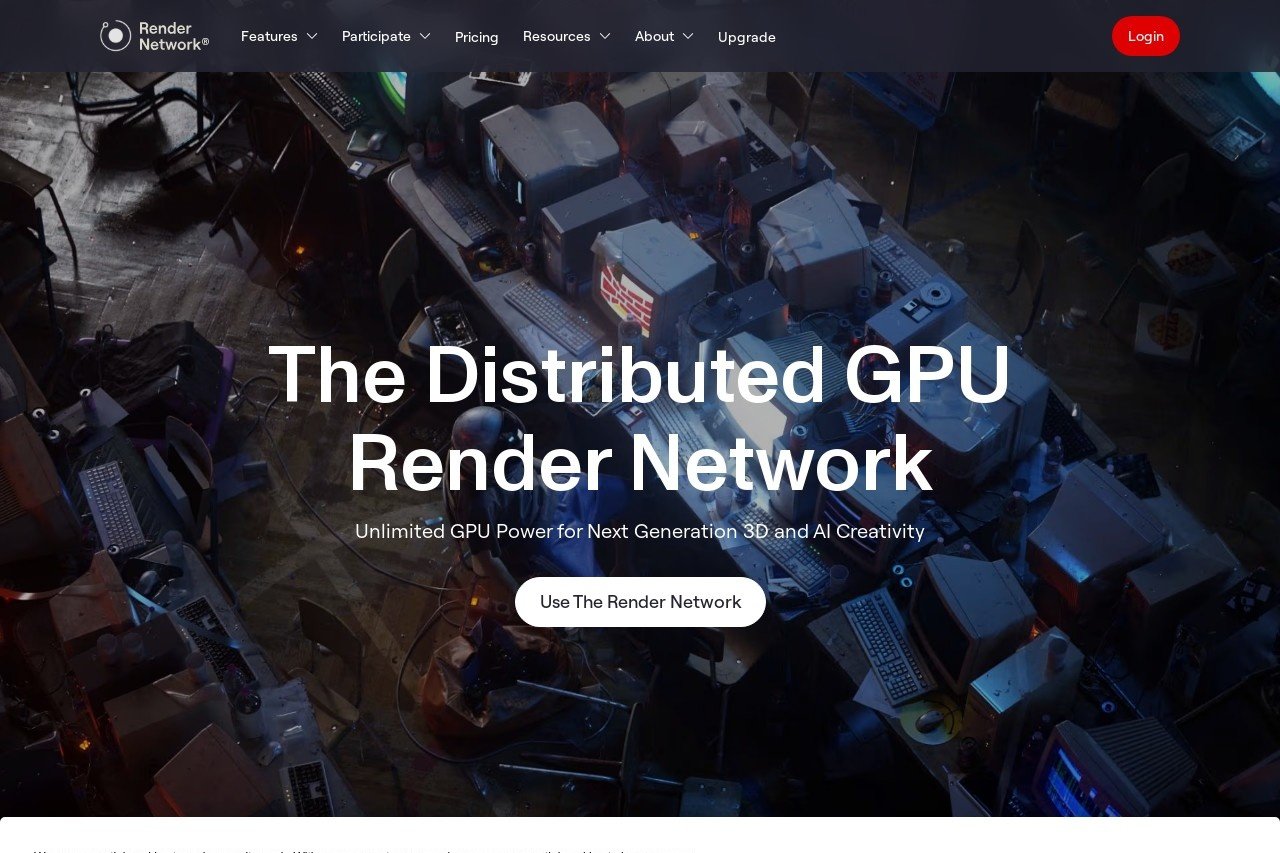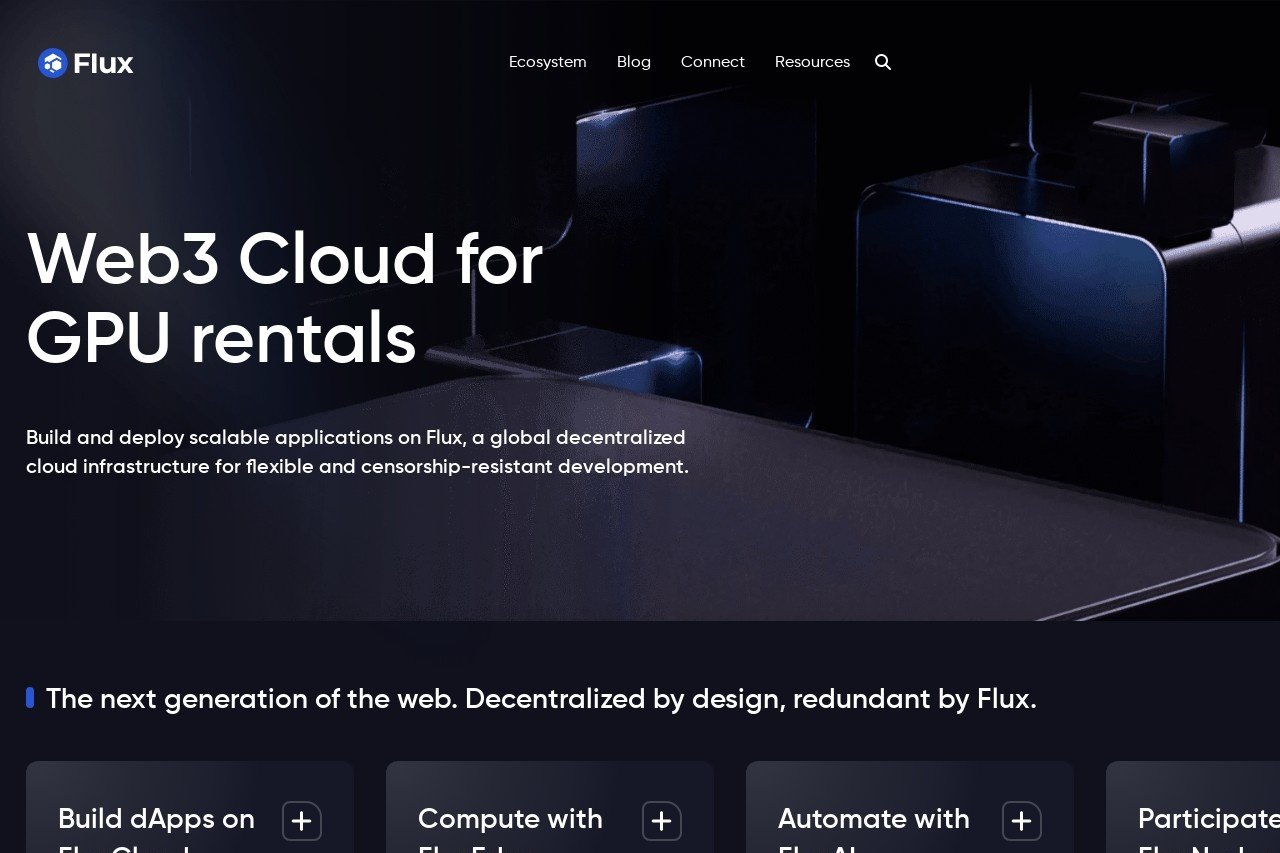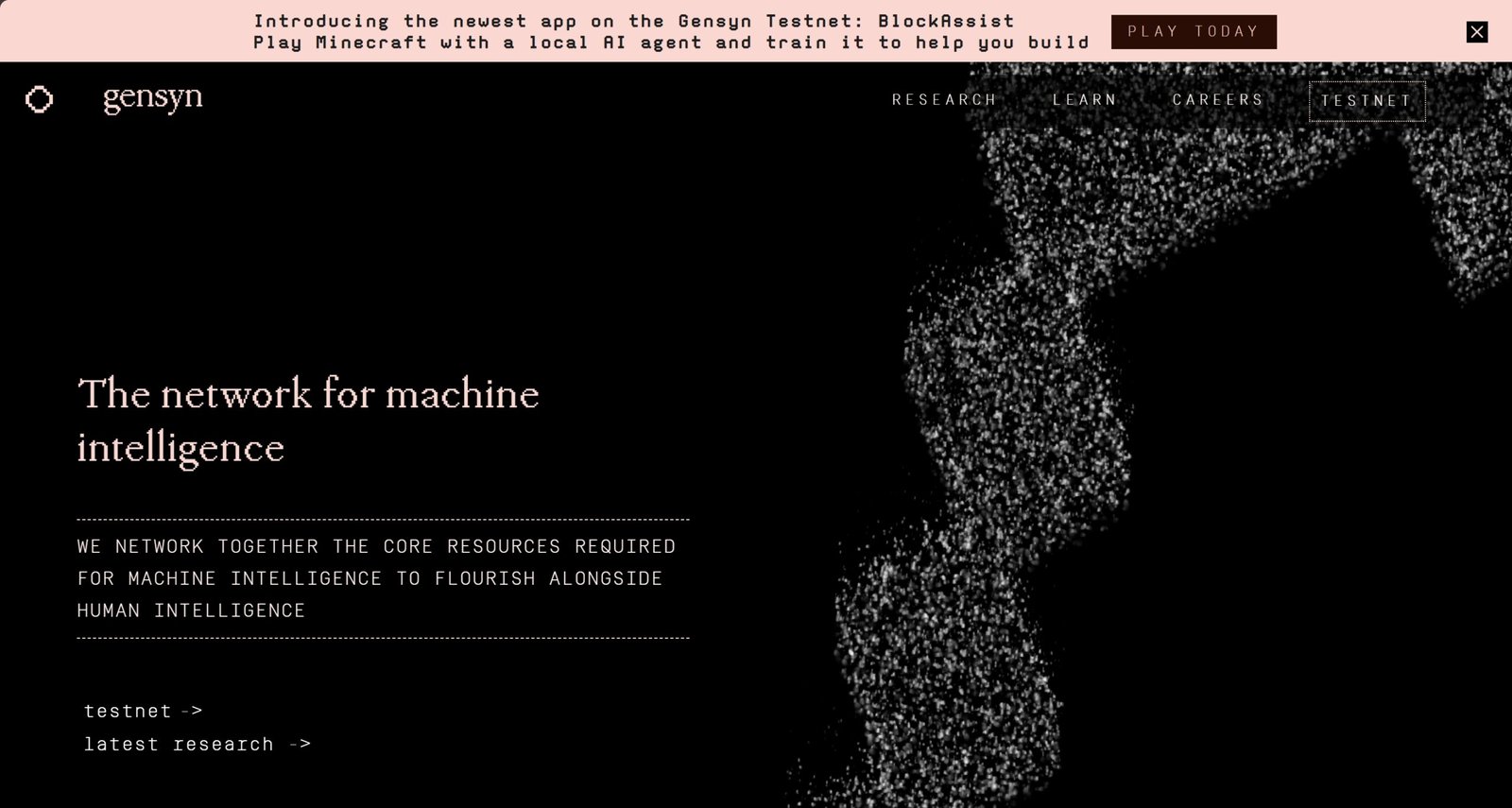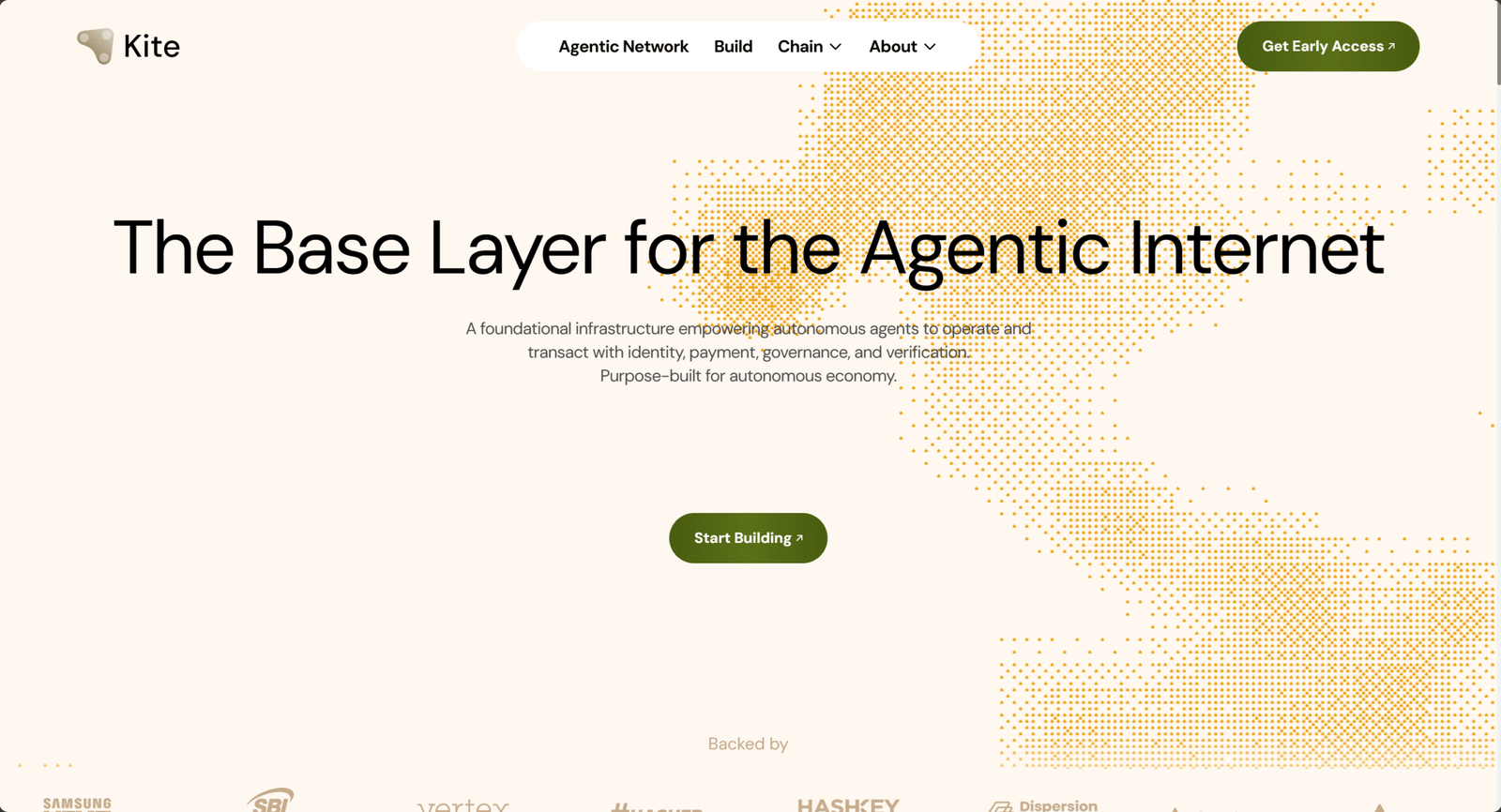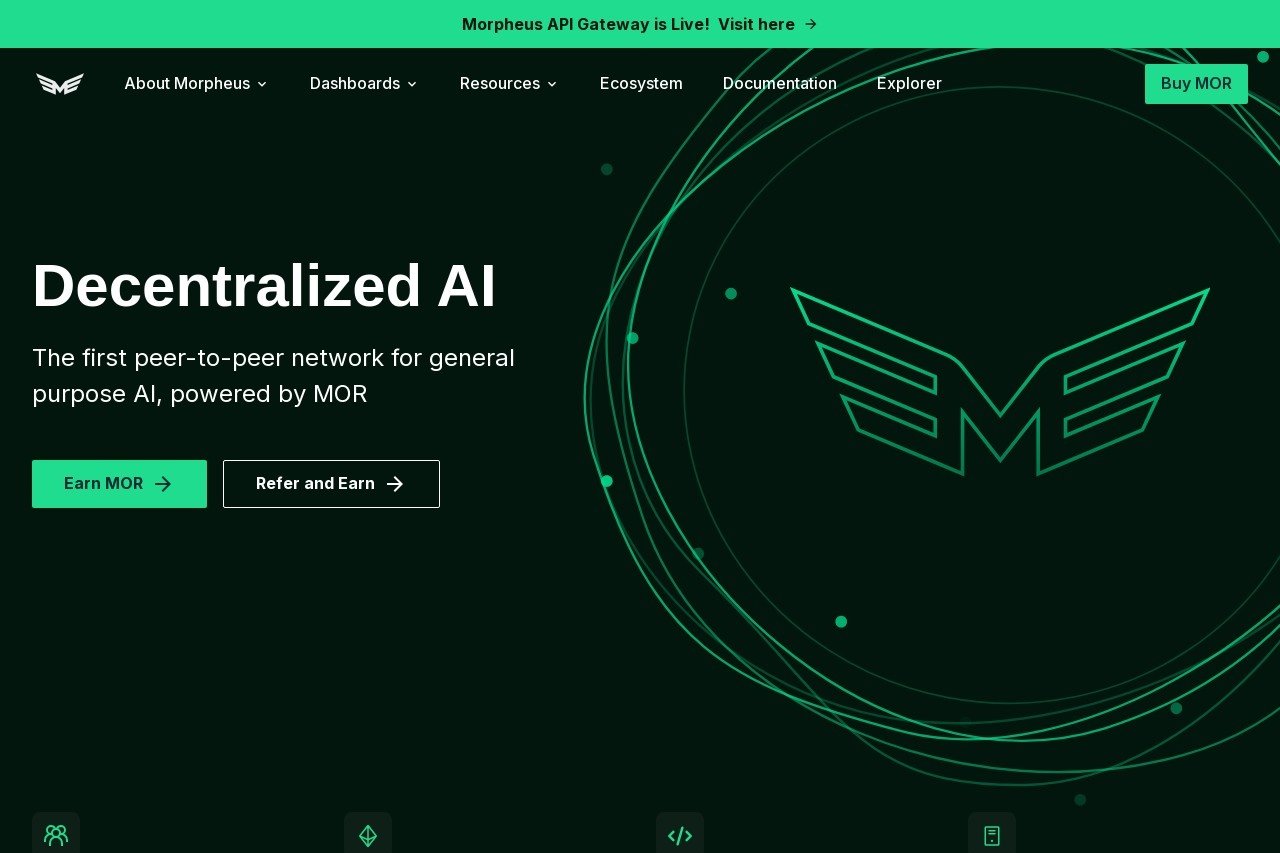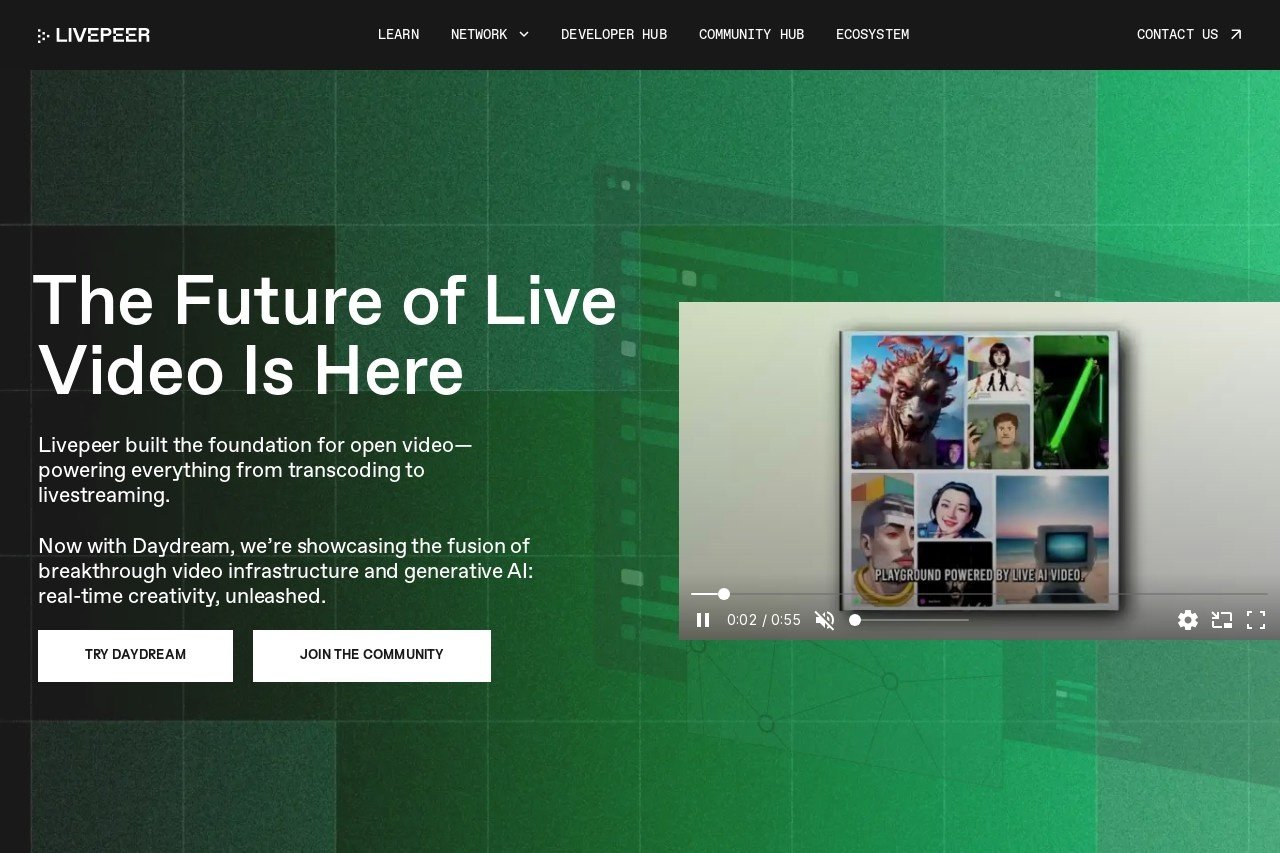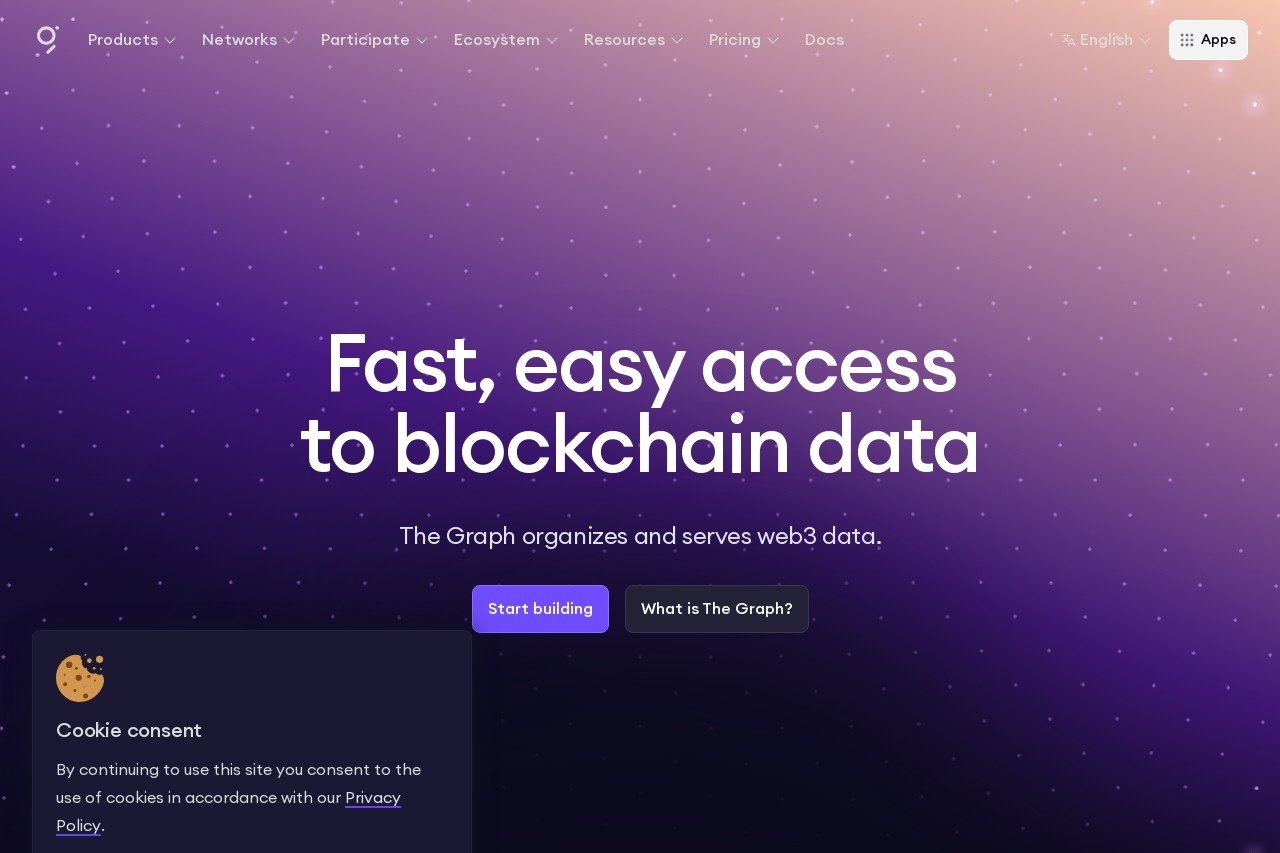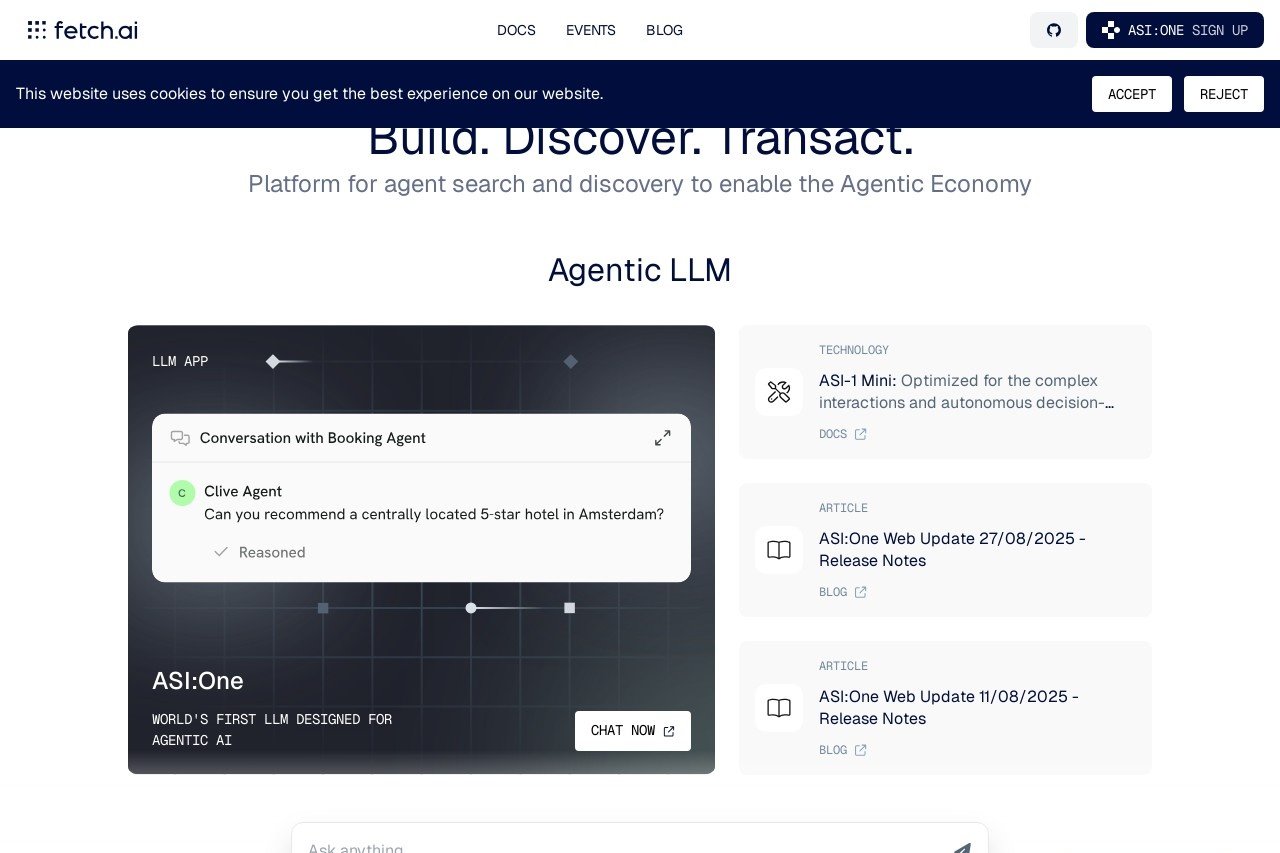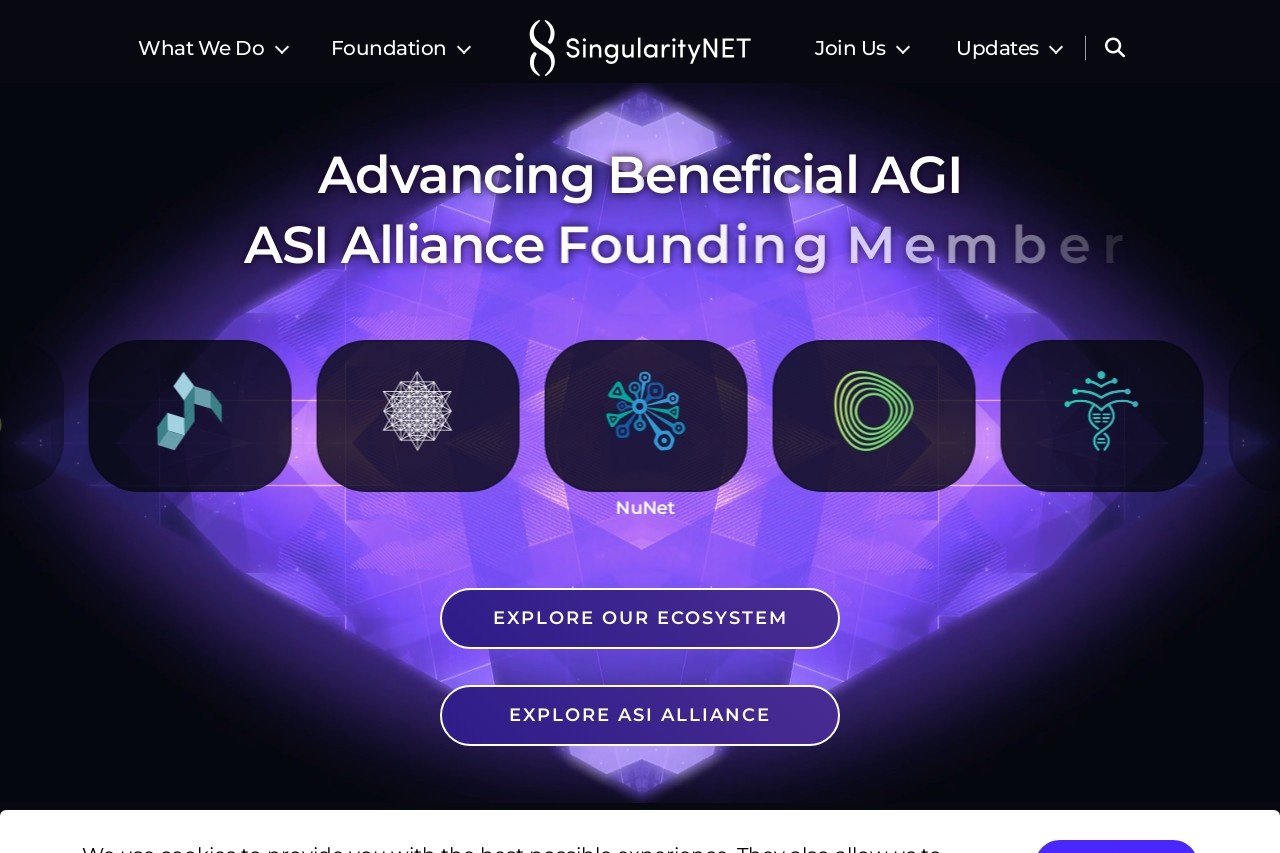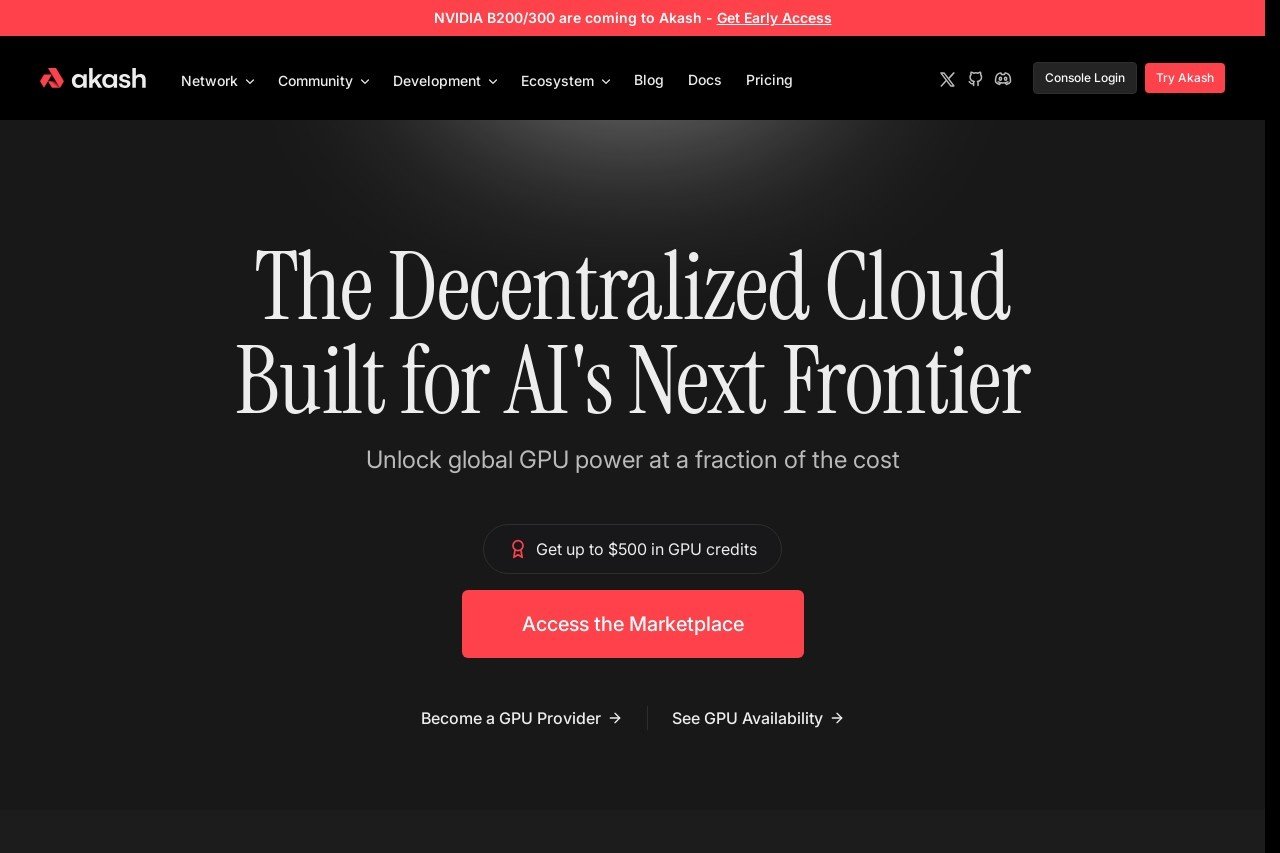
Akash Network is a decentralized marketplace for buying and selling computing resources securely and efficiently, purpose-built as a public utility.
Akash Network
What is Akash Network?
Akash Network is a revolutionary decentralized marketplace for cloud computing. It functions as a public utility, creating an open and efficient ecosystem where users can buy and sell computing resources securely. By leveraging a decentralized model, Akash provides a powerful and cost-effective alternative to traditional cloud providers.
Key Features
- Decentralized Marketplace: A peer-to-peer platform for unused computing power.
- Secure and Efficient: Transactions and deployments are protected by blockchain technology.
- Cost-Effective: Often significantly cheaper than conventional cloud services due to competitive bidding.
- Interoperable: Supports a wide range of workloads and is compatible with popular cloud APIs.
Why Choose Akash?
Akash Network offers several distinct advantages. Its decentralized nature eliminates single points of failure and vendor lock-in, giving users greater control and resilience. The unique reverse auction model allows providers to bid for your workload, driving down costs. Furthermore, its commitment to being an open-source public utility ensures a transparent and permissionless environment for all.
Who is it For?
Akash Network is ideal for a diverse group of users. Developers and startups can deploy applications at a fraction of the cost. Data scientists and researchers can access high-performance computing for complex projects. Enterprises seeking to reduce their cloud spending and avoid vendor lock-in will also find immense value. Essentially, anyone in need of reliable, affordable computing power can benefit.
Frequently Asked Questions
How does Akash compare to AWS or Google Cloud?
Akash offers a decentralized, community-owned alternative that is often more affordable, though it complements rather than completely replaces these established services.
Is it difficult to deploy on Akash?
No, the process is designed to be straightforward for developers, especially those familiar with Docker and existing cloud workflows.
How is security handled?
Security is a top priority, with encryption and blockchain-based verification ensuring that deployments and transactions are secure and trustworthy.
